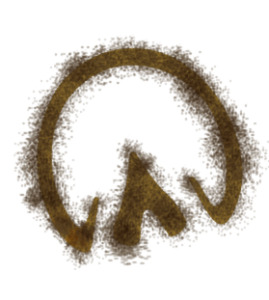Hay everyone!
I hope y’all are having a great start to the new school year! This week, we’re going to be doing a bit of extra learning, but don’t worry, it’s the fun kind. I wanted to talk to you guys about horse behavior, but I had to make sure I got the right information. So, I decided to consult with some of our experts right here at Rutgers!
My goal was to learn more about what horse owners should know about horse behavior. This topic is pretty important, in addition to simply being interesting. I also wanted to help you guys find more resources about this! (Just in case you wanted to apply it to your own horses.) Horse behavior is also a widely studied research topic, but I really wanted to dive deeper into why this is.
The general consensus was that understanding behavior is crucial for horse ownership itself. It allows “horse owners to evaluate horse health and .. avoid dangerous situations” as well as “uncover management problems that result in reduced welfare”. Most importantly, it helps keep ourselves and our hooved friends safe. Knowing the “warning” signs and body language of an agitated horse, for example, ensures that we can do whatever is needed to keep ourselves safe and help the horse calm down.
But what about using behavior to our advantage? Dr. Ross (we got to know her better last year!) mentioned that we “must understand behavior to modify that behavior in ways that allow horses to perform in all the amazing things that we do with them.” I certainly agree!
As with a lot of things we’ve talked about, horse behavior is a topic that is still being studied, and there’s always so much more to learn. I liked Dr. Herbst’s direction: “especially regarding positive experiences in horses, I feel like we have much to learn.” A lot of research talks about avoiding dangerous situations or identifying bad welfare, but we also need to focus on promoting positive behavior and taking note of signs of good welfare. The more we learn, the better we can provide for our horse friends!
Lastly, where can y’all get more information? Extension agents and the materials they produce are certainly a good option. Your vet is a good resource too! People who have worked in the horse industry for years have tons of experience and knowledge. A part of a horse trainer’s job is to understand horse behavior, so learning from them about what to look for in your horse will help you work better with them.
This is just the tip of the iceberg when it comes to horse behavior. Some people can make a whole career out of studying it!
Until next time.
Your friend,

Lord Nelson

Comments (1)
Wendy Hale
Sep 14, 2023